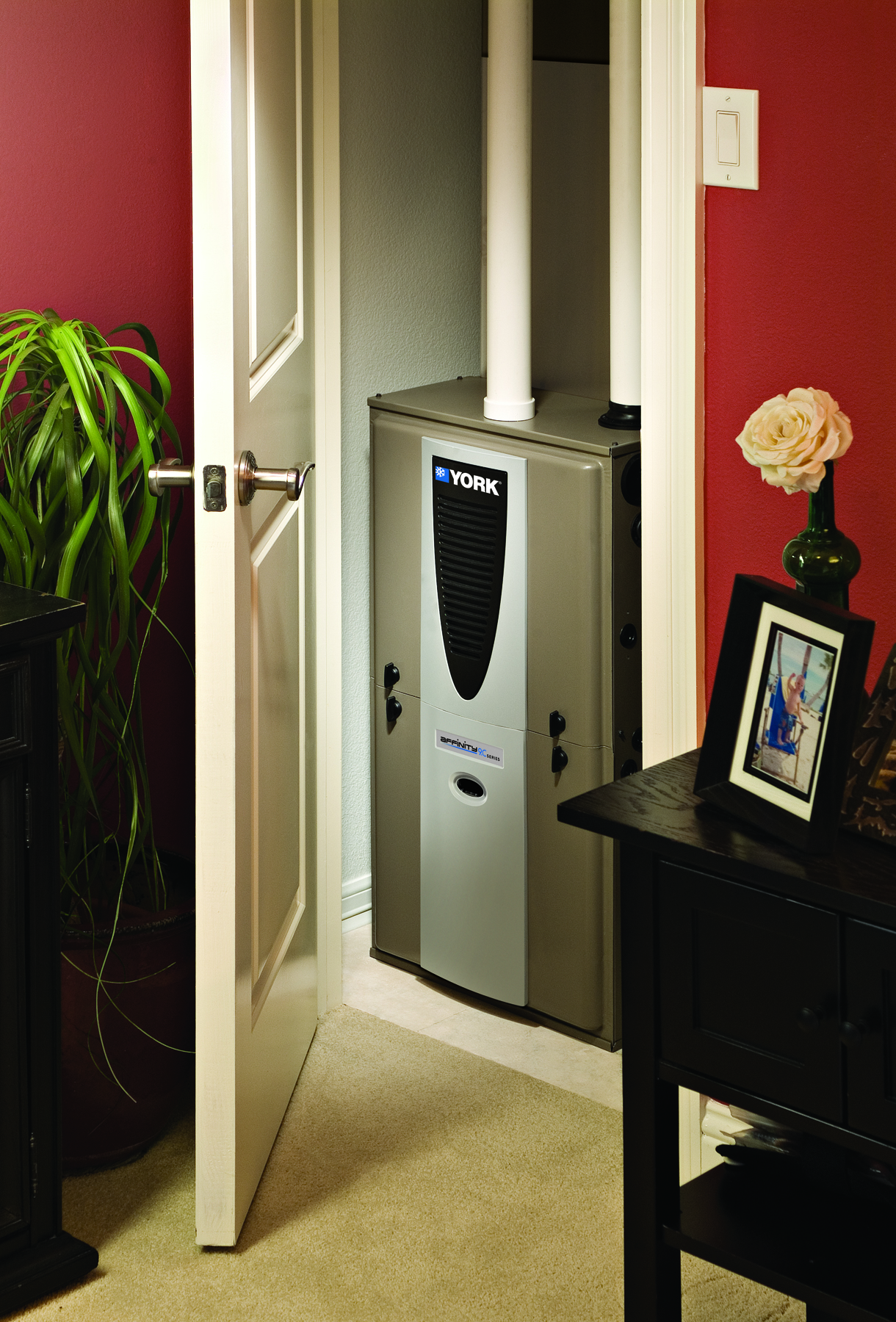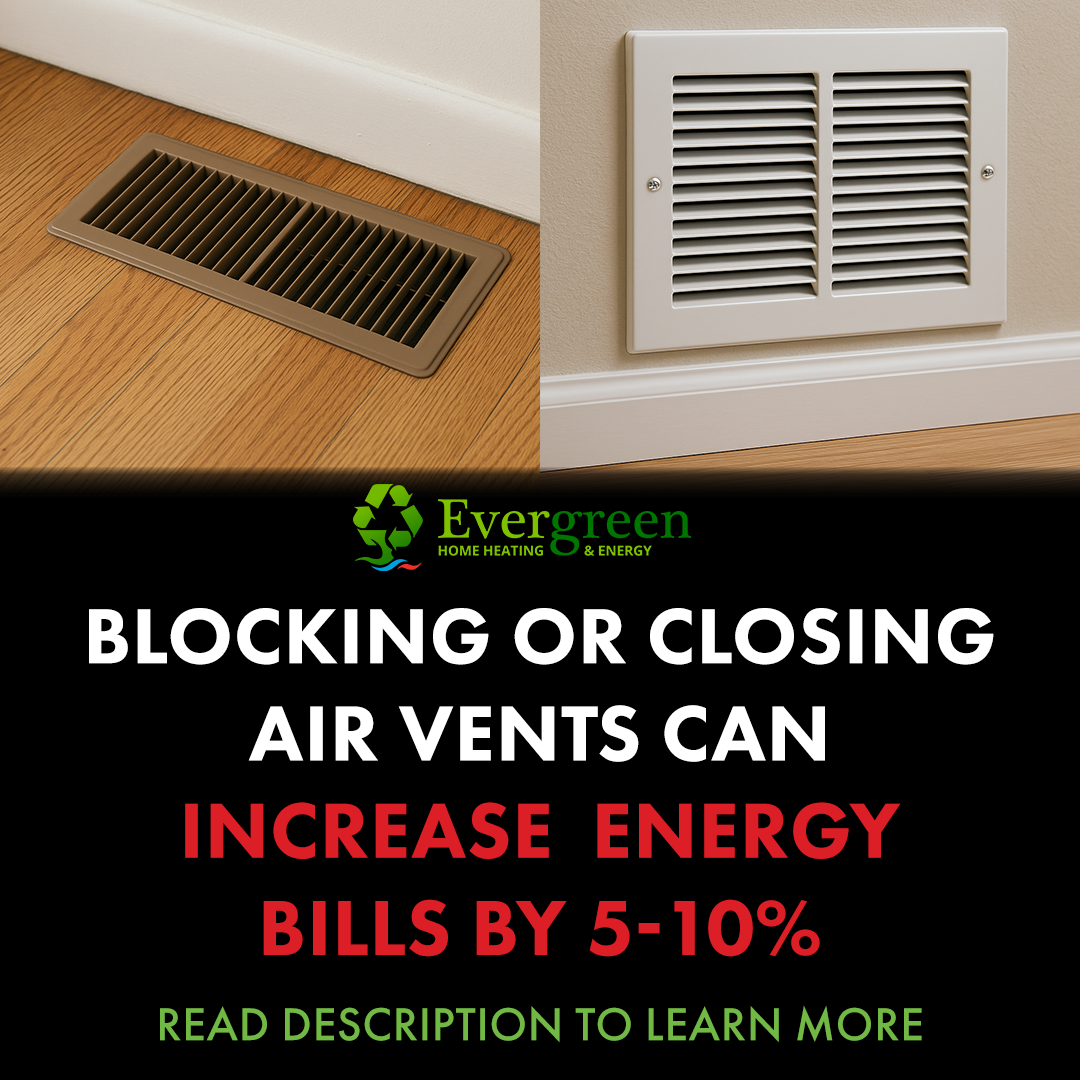Service Areas & Cities
Here Are The Areas We Serve In The King County Region
Furnace Repair Seattle: What is the Life Expectancy of a Gas Furnace?
Predicting how long a particular gas furnace in seattle will last is about as reliable as predicting how long a particular person will live. That is to say, not very reliable. However, similar to a person, we can look at the major factors that affect the life expectancy of a furnace, as well as look at the general rule of thumb for furnace life expectancy. By examining these factors, we can get a general idea on whether to repair or replace your gas furnace.
Factor #1: Has Your Gas Furnace Been Well Maintained?
.jpg?t=1507328157284&width=400&height=590&name=yrk_33_affin_furn_closet_(1).jpg)
We recommend having your gas furnace tuned up once a year, or at minimum, at least once every two years. Regular maintenance will help your furnace run optimally and hopefully catch
major problems before they occur. This should help keep repair costs down over the life of the furnace, and lengthen a gas furnace's life expectancy.
Knowing whether regular maintenance has occured on your furnace is easy if you have owned the home for the furnace's entire life. However, if you recently purchased the home it could be a little more difficult to get this information. If this is the case, start by finding out the age of your furnace. Retrieve the serial number off of the furnace and give the manufacturer a call. They will be able to tell you the age of your gas furnace, and whether or not it was ever registered for a warranty. If it was registered for a warranty, this will give you a rough estimation for the installation date of the furnace.
Secondly, many Seattle furnace repair technicians will place a sticker on the furnace when performing a maintenance for the first time. This sticker should have the date and time for all of the subsequent service performed on the furnace. Check your furnace for a similar sticker. If there is a sticker on the furnace but it appears to have incomplete information, try calling the furnace repair contractor to see if they have maintenance records on your furnace.
Factor #2: Was Your Gas Furnace Installed Correctly?
A large factor in the life expectancy of a gas furnace is whether it was originally installed correctly in your home. A poorly installed furnace can have numerous problems, including reduced efficiency, poor comfort in the home, reduced life expectancy, and could even pose a severe danger to you and your family (see this story).
Whether or not a furnace was installed correctly may not be readily apparent. However, you can ask yourself a few questions that can point you in the right direction. Does your furnace seem to have an inordinate amount of problems in relation to its age? Do you have a lot of temperature variation in your home (i.e. cold spots/hot spots). If so, there many possible reasons for this, including a poor furnace installation, a poorly sized furnace, or inadequate ductwork.
Factor #3: Was Your Gas Furnace Properly Sized For Your Home?
In Seattle, a large number of gas furnaces are incorrectly sized for the home. For a furnace to be correctly sized, the home needs to be measured and a "heat loss calculation" needs to be performed. This calculation determines how much heating capacity a furnace needs in order to maintain the desired temperature in the home. A surprising number of major Seattle HVAC contractors do not perform a proper heat loss calculation when replacing or installing a furnace. The result is that many Seattle furnaces are either too small or too large for the homes they heat.
Being too small or too large can severely shorten the life of a furnace. An undersized furnace has to work too hard to maintain the desired temperature in the home. An oversized furnace can be an even bigger problem, especially if the furnace is of the "single stage" variety. A single stage furnace either runs at 100% of its capacity, or is off. If a single stage furnace is oversized, this can cause a big problem called short cycling, where the furnace continually turns on and off, many times a day. This action not only can cause a home to be very uncomfortable, but it can severely shorten the life of a furnace. If you are planning on replacing your furnace, make sure your Seattle furnace contractor performs a proper heat loss calculation. There is more involved with a heat loss calculation than counting registers!
Factor #4: The Seattle Climate
Climate is another factor in the expected life of a furnace. Obviously the colder a climate is, the more a furnace is required to run, and the shorter its life expectancy. With our relatively mild climate here in Seattle and the rest of the Puget Sound, the average life expectancy for a gas furnace is 15 to 20 years if well maintained, properly installed, and properly sized.





